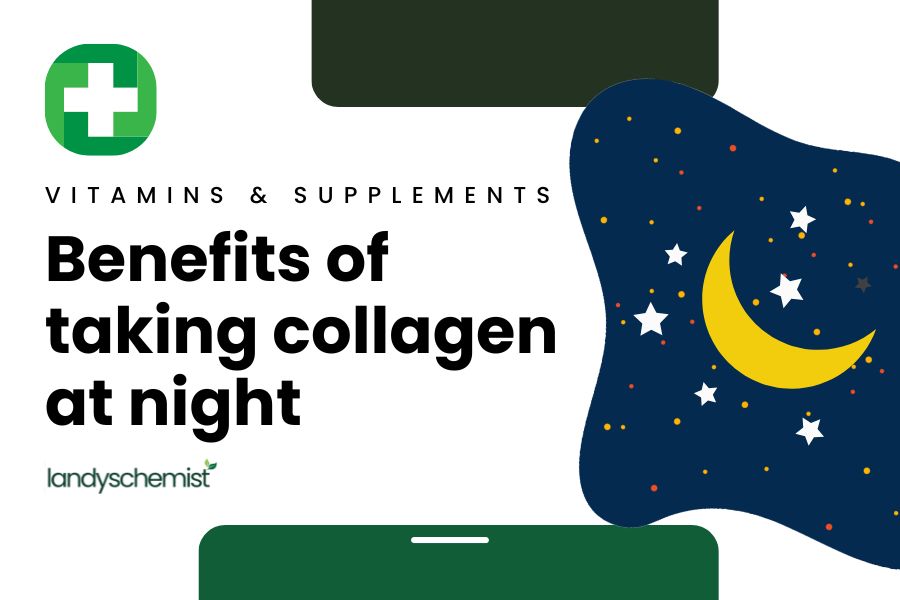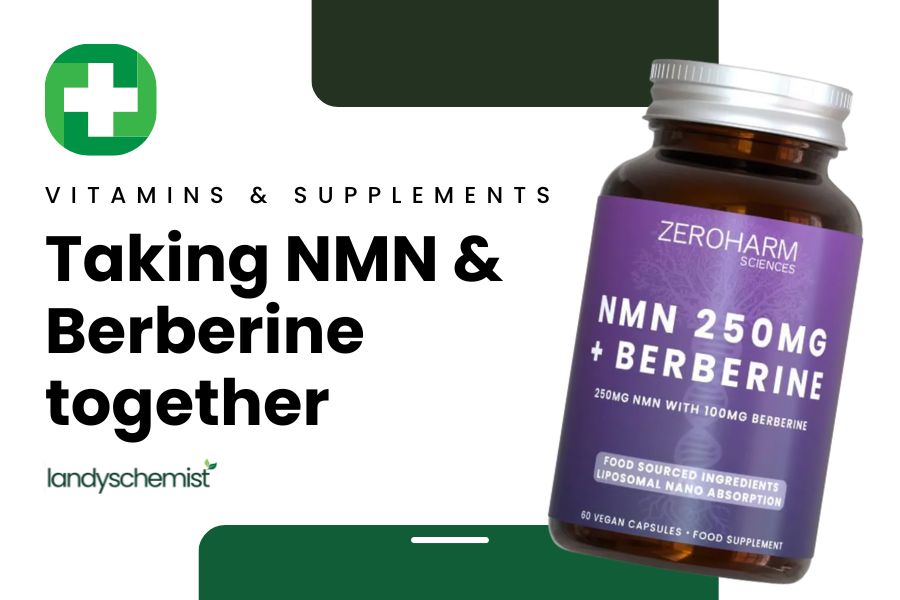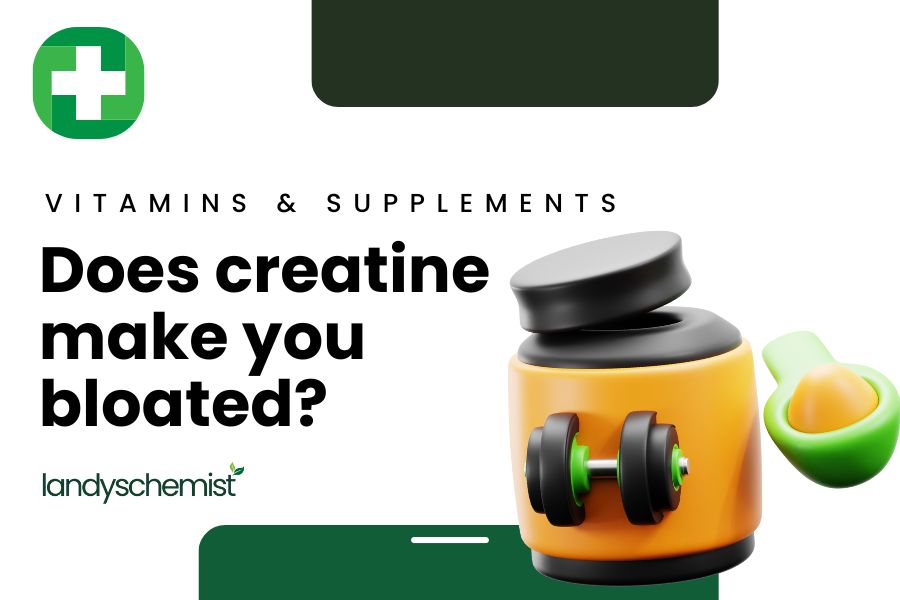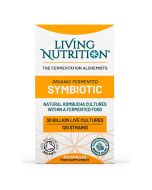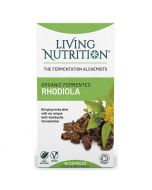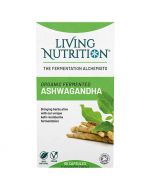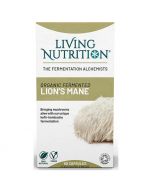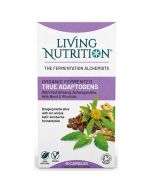
What is the best supplement to reduce cortisol?
Cortisol is the body’s primary stress hormone, released by the adrenal glands in response to physical or emotional stress. The best supplements to reduce cortisol are ashwagandha and magnesium, both of which are backed by research for supporting the nervous system and regulating the stress response. Other effective options include omega-3 fatty acids, L-theanine, rhodiola rosea, phosphatidylserine, vitamin C, and probiotics. Each of these supplements works through a slightly different pathway, and may be used individually or in combination to support stress recovery and hormonal balance.
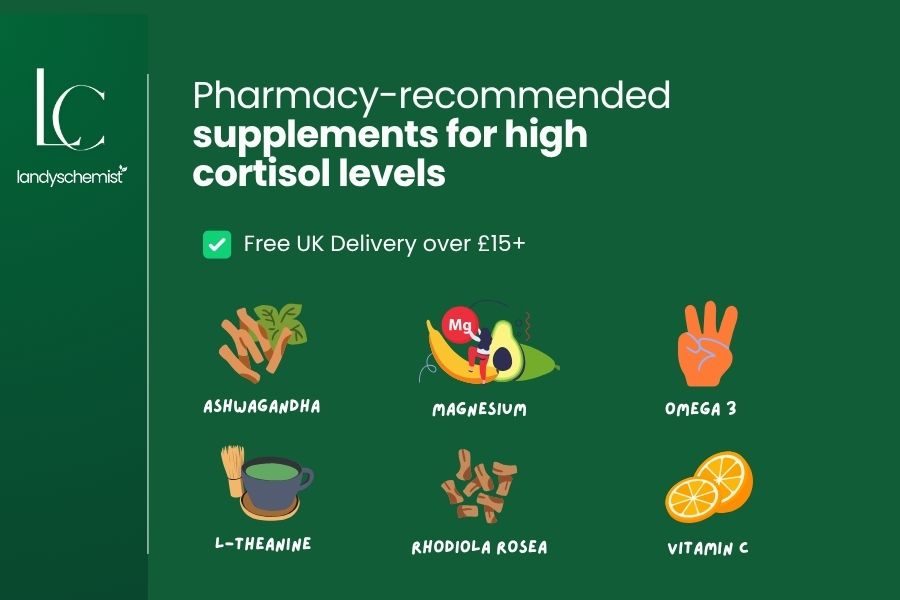
Ashwagandha
Ashwagandha is an adaptogenic herb that helps regulate cortisol by supporting the HPA axis. Studies show it can reduce cortisol levels by up to 30% in people experiencing chronic stress. Living Nutrition Organic Fermented Ashwagandha Capsules offer a highly absorbable form — fermentation naturally enhances the uptake of active compounds like withanolides, making them more effective and gentle on digestion.
Magnesium
Magnesium plays a key role in calming the nervous system and supporting the production of GABA, the brain’s primary relaxing neurotransmitter. Clinical reviews suggest magnesium deficiency is common among people with high stress, and supplementation can improve stress tolerance and sleep quality. Magnesium glycinate is particularly well suited for relaxation due to its excellent absorption and gentle effect on the gut.
Omega-3 Fatty Acids
Omega-3 fatty acids - especially EPA and DHA, help regulate inflammation and support brain health, both of which influence cortisol output. Research shows omega-3 supplementation may reduce cortisol reactivity to mental stress while improving mood and cognitive function. These fats are commonly found in fish oil and algae-based supplements.
L-Theanine
L-theanine, found in green tea, promotes calm by increasing alpha brain wave activity and reducing excitatory signals. It is often used to manage performance-related stress or anxiety without causing drowsiness. Studies have shown that l-theanine can reduce salivary cortisol and promote a more relaxed mental state in stressful situations.
Rhodiola Rosea
Rhodiola is an adaptogen that helps reduce fatigue and restore energy balance during periods of high stress. It has been shown to support cortisol regulation and improve mental performance. Living Nutrition Organic Fermented Rhodiola Capsules are an ideal option, as fermentation enhances bioavailability and supports gut health, making the adaptogens more effective and easier to tolerate.
Phosphatidylserine (PS)
Phosphatidylserine is a phospholipid found in brain tissue that plays a role in regulating the body's stress response. Clinical research shows PS can reduce cortisol spikes triggered by intense physical activity or prolonged mental stress. It is particularly useful for those experiencing brain fog, burnout or cognitive fatigue.
Vitamin C
Vitamin C is essential for adrenal function and antioxidant defence. During stress, it is rapidly depleted, which may impair cortisol regulation. Studies show that supplementing with vitamin C can help lower cortisol responses to physical and psychological stress. One study found that 1,000mg per day significantly reduced post-stress cortisol levels and improved overall mood.
Probiotics
Probiotics help balance the gut-brain axis, a critical pathway in cortisol regulation. Clinical research has shown that certain strains - such as Lactobacillus helveticus R0052 and Bifidobacterium longum R0175, can reduce salivary cortisol and psychological distress. A trial in the British Journal of Nutrition found significant cortisol reduction in adults taking these strains daily, suggesting a role for probiotics in stress management and emotional resilience.
Can you take these supplements together?
Yes. Combining cortisol-lowering supplements can improve results, as each targets a different part of the stress response. Clinical reviews and practitioner experience suggest that multi-nutrient approaches offer broader support for adrenal function, cortisol regulation, and emotional resilience
- Ashwagandha + Magnesium: Supports both hormone balance and nervous system calm
- Omega-3s + Phosphatidylserine: Helps reduce inflammation and mental fatigue
- Rhodiola + L-Theanine: Boosts energy and focus without overstimulation
- Probiotics + Vitamin C: Strengthens gut-brain and immune support for resilience
Shop through our range of supplements to regulate your cortisol response today.
Final Thoughts
If you’re searching for the best supplement to reduce cortisol, focus on what addresses your personal stress triggers. Supplements like ashwagandha and magnesium are widely recommended for cortisol regulation, but the most effective approach often combines targeted nutrients that support mood, sleep, and brain resilience. Those with anxiety may benefit from L-theanine or probiotics, while physical burnout might respond better to adaptogens like rhodiola or phosphatidylserine. Combining two or more of these can support a balanced stress response.
“In the pharmacy, we often see that cortisol imbalance presents differently for everyone - from fatigue and low mood to disrupted sleep or poor gut health. The key isn’t just finding one supplement, but identifying which system needs the most support. For some, that might be magnesium for nervous tension; for others, it’s probiotics for gut-brain balance. Food-grade botanicals, especially those that are fermented can offer gentle but effective long-term results.” – Girish Desai, Pharmacist at Landys Chemist
Sources:
- Steroid replacement for adrenal insufficiency | CUH
- An investigation into the stress-relieving and pharmacological actions of an ashwagandha (Withania somnifera) extract: A randomized, double-blind, placebo-controlled study - PMC
- Long‐term magnesium supplementation improves glucocorticoid metabolism: A post‐hoc analysis of an intervention trial
- A Prospective, Randomized Double-Blind, Placebo-Controlled Study of Safety and Efficacy of a High-Concentration Full-Spectrum Extract of Ashwagandha Root in Reducing Stress and Anxiety in Adults
- Evaluation of the bioavailability of major withanolides of Withania somnifera using an in vitro absorption model system - PMC
- Magnesium in neuroses and neuroticism - Magnesium in the Central Nervous System - NCBI Bookshelf
- Magnesium Status and Stress: The Vicious Circle Concept Revisited
- Molecular Mechanisms Linking Omega-3 Fatty Acids and the Gut–Brain Axis
- Stress Hormones Cortisol and Aldosterone, and Selected Markers of Oxidative Stress in Response to Long-Term Supplementation with Omega-3 Fatty Acids in Adolescent Children with Depression
- The Effects of L-theanine on Alpha-Band Oscillatory Brain Activity During a Visuo-Spatial Attention Task
- A Randomized, Triple-Blind, Placebo-Controlled, Crossover Study to Investigate the Efficacy of a Single Dose of AlphaWave®l-Theanine on Stress in a Healthy Adult Population - PMC
- A randomised, double-blind, placebo-controlled, parallel-group study of the standardised extract shr-5 of the roots of Rhodiola rosea in the treatment of subjects with stress-related fatigue - PubMed
- Effects of Rhodiola rosea supplementation on mental performance, physical capacity, and oxidative stress biomarkers in healthy men - PubMed
- The effects of phosphatidylserine on endocrine response to moderate intensity exercise - PMC
- The effects of phosphatidylserine on endocrine response to moderate intensity exercise - PubMed
- A randomized controlled trial of high dose ascorbic acid for reduction of blood pressure, cortisol, and subjective responses to psychological stress | Psychopharmacology
- Microbiome Gut-Brain-Axis: Impact on Brain Development and Mental Health | Molecular Neurobiology
- Assessment of psychotropic-like properties of a probiotic formulation (Lactobacillus helveticus R0052 and Bifidobacterium longum R0175) in rats and human subjects | British Journal of Nutrition
- Assessment of psychotropic-like properties of a probiotic formulation (Lactobacillus helveticus R0052 and Bifidobacterium longum R0175) in rats and human subjects - PubMed

